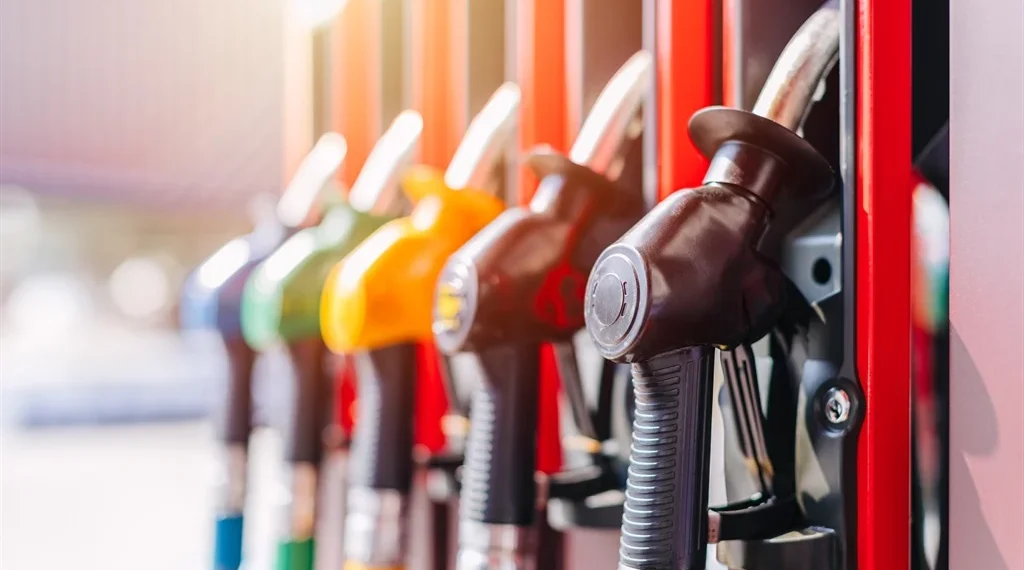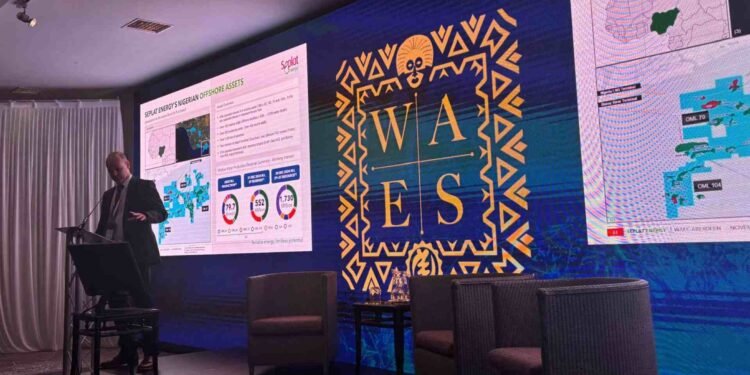In a strategic decision aimed at shielding Ghanaians from further economic hardship, the government of Ghana has postponed the implementation of the new Energy Sector Shortfall and Debt Repayment Levy (ESSDRL), part of the Energy Sector Levies (Amendment) Act, 2025 (Act 1141).
The announcement was formalized in a letter from the Ghana Revenue Authority (GRA), signed by Commissioner-General Anthony Kwasi Sarpong. The letter, addressed to all ports and stations, directed the postponement of the implementation of Tariff Interpretation Order (TIO) No. 2025/004 relating to the Energy Sector Levies (Amendment) Act, 2025 (Act 1141).
“This follows a directive from the Minister of Finance, after consultations with stakeholders.
“Accordingly, the increase in the Energy Sector Shortfall and Debt Repayment Levy (ESSDRL) for selected petroleum products, which would have to take effect from the 16th of June 2025, has been postponed.”
Anthony Kwasi Sarpong, Commissioner-General of GRA

The levy was originally scheduled to take effect on Monday, June 16, 2025, but has now been indefinitely postponed, pending favourable market conditions.
Confirming the development, Richmond Rockson, Public Relations Officer at the Ministry of Energy and Green Transition, revealed that President John Dramani Mahama personally directed the postponements of the implementation of the levy.
“The President has directed the Ministers of Energy and Finance to keep monitoring the situation.
“So they will keep monitoring, and as and when the factors look favourable, definitely a new date will be announced.”
Richmond Rockson, Public Relations Officer at the Ministry of Energy and Green Transition
He explained that although the levy aims to raise essential funds for paying down massive debts in the energy sector, the current surge in international oil prices could undermine recent gains in domestic fuel pricing if the levy were introduced now.
Geopolitical Shock Disrupts Fuel Forecasts

Rockson emphasized that from February to May 2025, Ghana experienced a rare reprieve in fuel pricing, thanks to prudent exchange rate management and a dip in global oil prices.
During that period, fuel prices at the pump dropped from nearly GHS17 per litre to about GHS11–GHS12, offering much-needed relief to consumers and businesses alike.
However, these gains are now under threat. “In fact, the last three days, if you check crude oil prices on the international market, it moved from $60 to $74, and this is the highest we’ve seen in the past five months,” Rockson observed.
The sharp increase is being attributed to geopolitical tensions in the Middle East, particularly rising hostilities between Iran and Israel.
He added, “This has also caused some disruptions in our private module,” referring to the cost and logistics of petroleum product imports, which rely heavily on global market stability.
The rise in crude oil prices poses significant risks to Ghana’s economy, which is heavily reliant on fuel imports. The spike threatens to reverse the positive trend in domestic fuel prices and could further strain the already delicate balance between maintaining fiscal discipline and avoiding public backlash.
The levy—GHS1 per litre on petrol and diesel, and 20 pesewas on LPG—was introduced to raise funds to resolve legacy energy debts, improve electricity supply reliability, and support sector-wide reforms.

However, opponents, including some industry players, argue that the burden should not be shifted to already over-taxed consumers, especially without transparency and accountability on previous levies such as the Energy Sector Levy Act (ESLA).
While the government maintains that the levy is essential for the long-term sustainability of the energy sector, it is also aware of the political and economic ramifications of implementing it under the current conditions. The postponement offers breathing space and reflects the administration’s intention to act with economic sensitivity and political foresight.
For now, the Energy Ministry has assured Ghanaians that no new date for the levy’s implementation will be announced without thorough market evaluation. The GRA’s directive is a clear signal that government is willing to listen, at least in part, to both industry and public feedback.
Government’s decision to postpone the implementation of the Energy Sector Levies (Amendment) Act, 2025, demonstrates a measured approach in balancing revenue generation with economic stability.
With global crude prices surging and consumer purchasing power under pressure, the government’s cautious stance aims to safeguard recent economic gains and protect citizens from undue hardship.
Whether this delay will provide space for constructive reforms or merely postpone the inevitable remains to be seen. But for the average Ghanaian, a few more weeks of fuel price stability is, for now, a welcome relief.
READ ALSO: Cedi to Remain Stable Against Major Currencies- Finance Minister Assures Ghanaians























